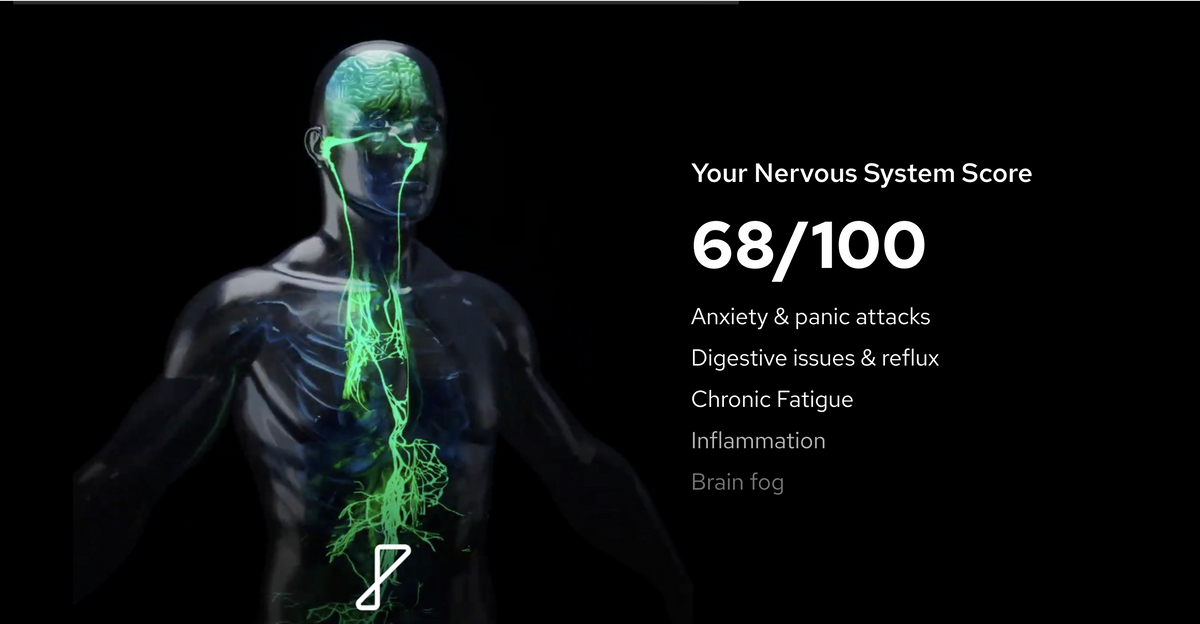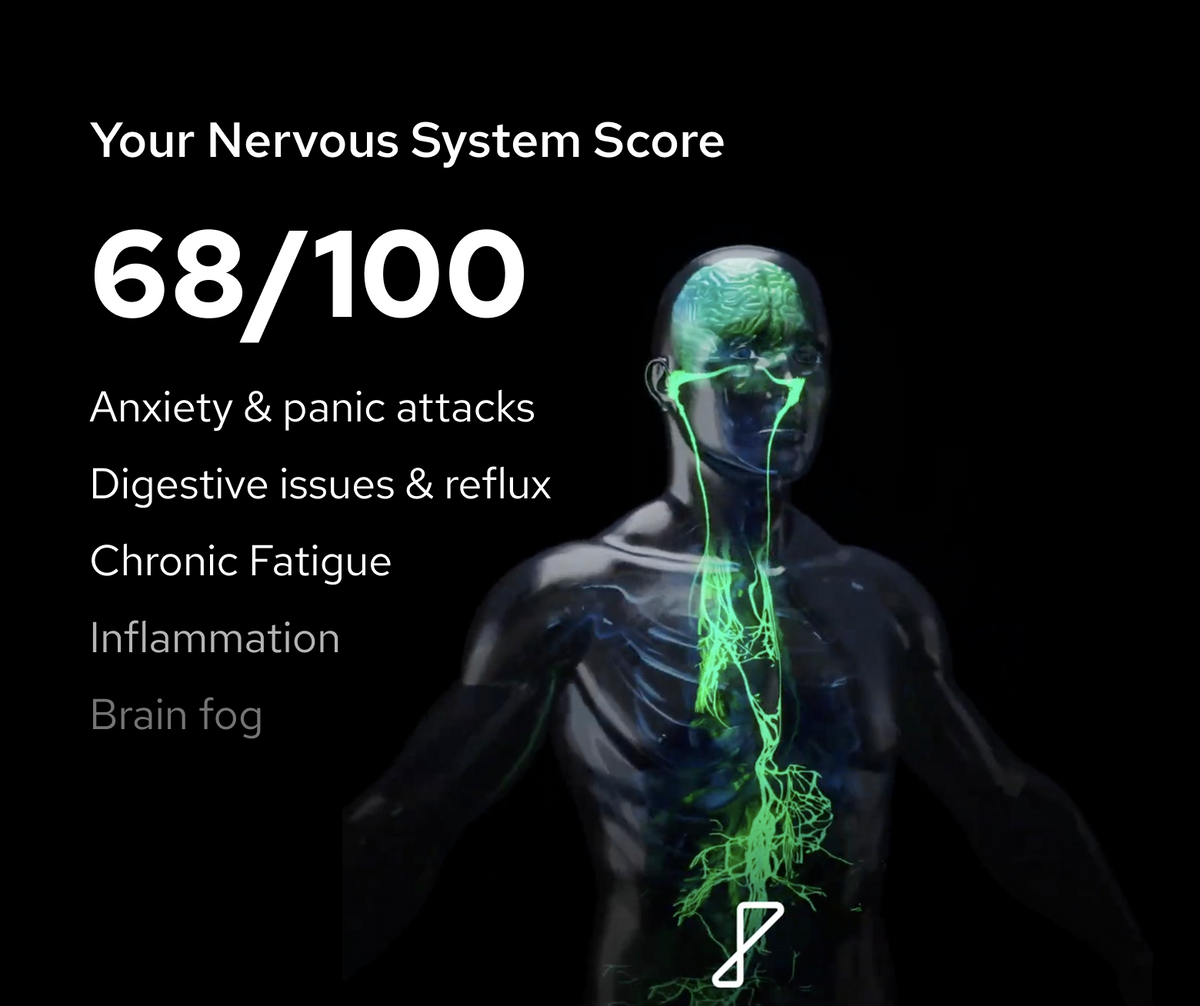CFS and Long Covid: new biomarkers link the two syndromes and points to new therapy strategies
 |
Clinical Psychiatrist Translational Research Lead at Parasym. |
Indeed, as we already discussed
(The key to Long-Covid: Mechanisms and Potential Treatments;
Chronic Fatigue Syndrome) unrelated studies have pointed to common infective, immunological, autonomic, and neurological mechanisms underpinning both syndromes.
Inscribed in this line of research, the team coordinated by prof Pretorius had previously shown that plasma obtained from patients with Long Covid/PASC is characterized by a hypercoagulable state and contains hyperactivated platelets along with considerable numbers of fibrin/amyloid deposits (named “fibrinaloid microclots”) that are resistant to fibrinolysis
(Persistent clotting protein pathology in Long COVID/Post-Acute Sequelae of COVID-19).
The hypothesis that drove this study, namely that coagulation-based pathology may also characterize non- SARS-CoV-2 onset CFS cases, beyond being mechanistically predictable in the context of other viral/bacterial infection and/or chronic inflammation etiology, was furthermore supported by some prior findings for hypercoagulability and platelet activation in CFS cases.
Despite the relatively small sample size, the results of the aforementioned study confirmed the hypothesis: individuals affected by CFS present clotting abnormalities leaning towards a hypercoagulable state compared to healthy controls.
We might expect that the presence of fibrinaloid microclots could lead to endothelial inflammation, capillary blockage, and hypoxia, explaining symptoms of fatigue and brain fog experienced by individuals with CFS.
Treating systemic vascular pathology and endothelial inflammation has the potential to result in the amelioration of fatigue and other CFS/ME symptoms, as it did in a Long Covid/PASC population where symptom alleviation coincided with a decrease in fibrinaloid microclot.
Interestingly, the extent of fibrinaloid microclot load found in CFS patients, despite being higher than that of healthy controls, was significantly lower than those seen in acute COVID-19, Long Covid/PASC, and even in type 2 diabetes.
Notably, endothelial damage is related to other inflammatory conditions such as cardiovascular diseases. While the authors suggest anti-clot therapy, it could also be argued that treatment aimed at restoring endothelial function could be beneficial.
In this regard, Parasym Technology has shown very promising positive outcomes observed in both CFS and Long Covid
(Transcutaneous Auricular Vagus Nerve Stimulation can Reverse the Manifestations).
Our device has been clinically shown to reduce markers of inflammation, such TNF-alpha and C-reactive protein levels, and to ameliorate endothelial function with strong, positive cardiovascular outcomes
(Transcutaneous Electrical Vagus Nerve Stimulation to Suppress Atrial Fibrillation
Neuromodulation of Inflammation to Treat Heart Failure).
The discovery of these new biomarkers represents an important development in CFS/ME and Long Covid research and points to possible uses for treatment strategies that target systemic vascular pathology and endothelial inflammation.
References:
Dasari, T. W., Csipo, T., Amil, F., Lipecz, A., Fulop, G. A., Jiang, Y., Samannan, R., Johnston, S., Zhao, Y. D., Silva-Palacios, F., Stavrakis, S., Yabluchanskiy, A., & Po, S. S. (2021). Effects of Low-Level Tragus Stimulation on Endothelial Function in Heart Failure With Reduced Ejection Fraction. Journal of Cardiac Failure, 27(5), 568–576.
Dasari, T. W., Gabor, F., Csipo, T., Palacios, F. S., Yabluchanskiy, A., Samannan, R., & Po, S. (2018). Non-invasive Neuromodulation of Vagus Activity Improves Endothelial Function in Patients with Heart Failure with Reduced Ejection Fraction: A Randomized Study. Journal of Cardiac Failure, 24(8), S59–S60
Stavrakis, S., Elkholey, K., Morris, L., Niewiadomska, M., Asad, Z. U. A., & Humphrey, M. B. (2022). Neuromodulation of Inflammation to Treat Heart Failure With Preserved Ejection Fraction: A Pilot Randomized Clinical Trial. Journal of the American Heart Association, 11(3), e023582.
Stavrakis, S., Stoner, J. A., Humphrey, M. B., Morris, L., Filiberti, A., Reynolds, J. C., Elkholey, K., Javed, I., Twidale, N., & Riha, P. (2020). TREAT AF (transcutaneous electrical vagus nerve stimulation to suppress atrial fibrillation): A randomized clinical trial. JACC: Clinical Electrophysiology.
Verbanck, P, Clarinval, AM, Burton, F, Nagant, C, & Cheron, G. (2021a). Transcutaneous Auricular Vagus Nerve Stimulation (tVNS) can Reverse the Manifestations of the Long-COVID Syndrome: A Pilot Study.
Nunes JM, Kruger A, Proal A, Kell DB, Pretorius E. The Occurrence of Hyperactivated Platelets and Fibrinaloid Microclots in Myalgic Encephalomyelitis/Chronic Fatigue Syndrome (ME/CFS). Pharmaceuticals (Basel). 2022 Jul 27;15(8):931. doi: 10.3390/ph15080931. PMID: 36015078; PMCID: PMC9413879.
Pretorius, E.; Vlok, M.; Venter, C.; Bezuidenhout, J.A.; Laubscher, G.J.; Steenkamp, J. Persistent clotting protein pathology in Long COVID/Post-Acute Sequelae of COVID-19 (PASC) is accompanied by increased levels of antiplasmin. Cardiovasc. Diabetol. 2021, 20, 172






